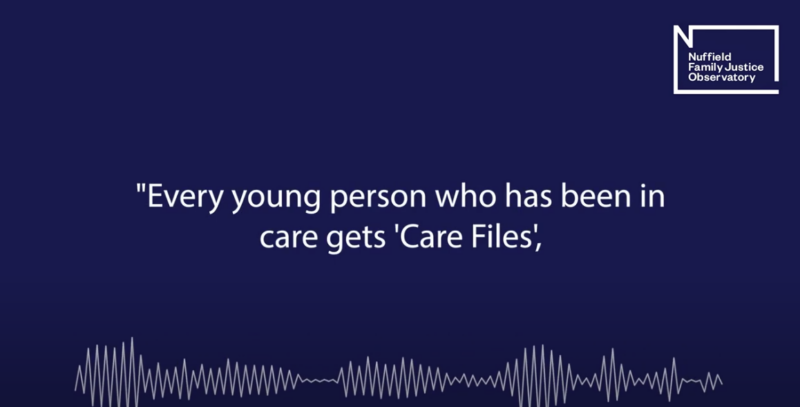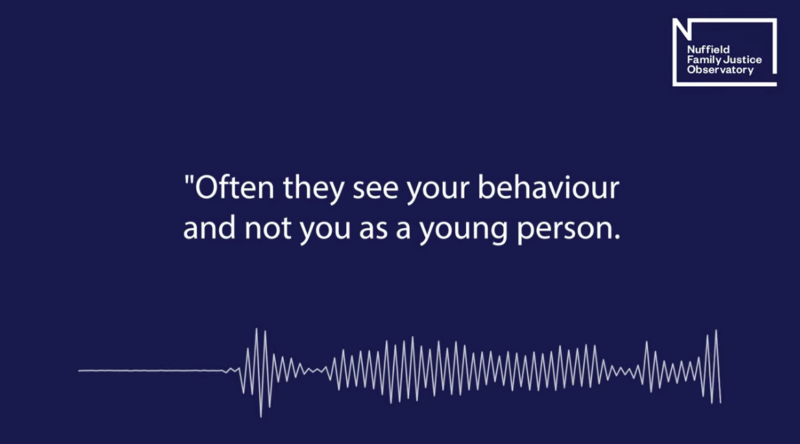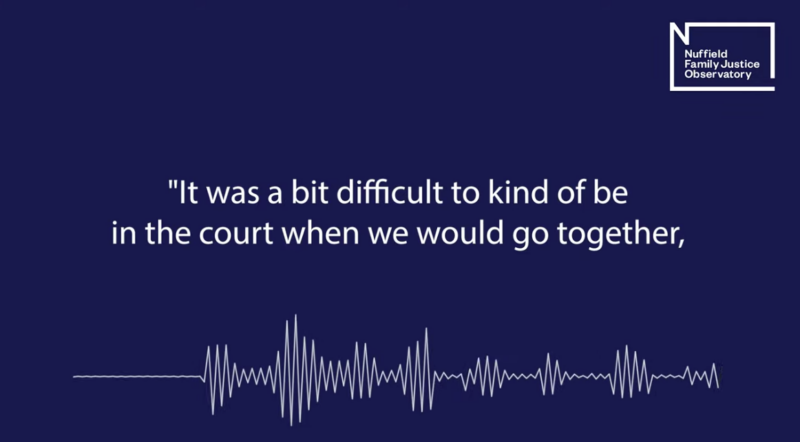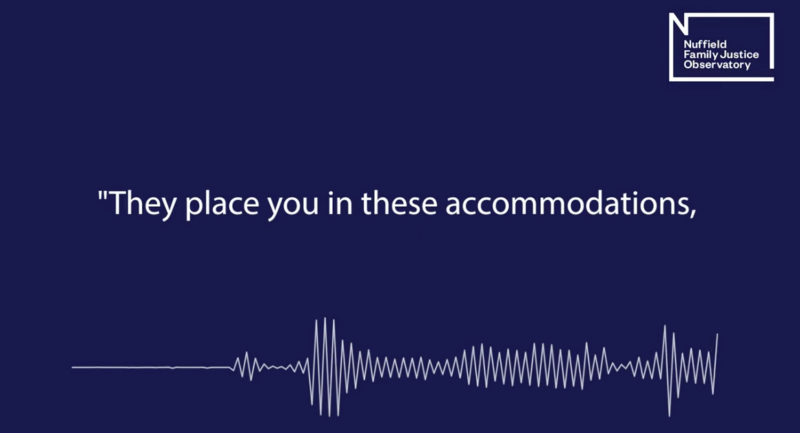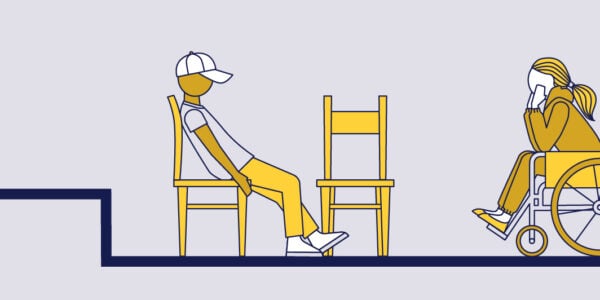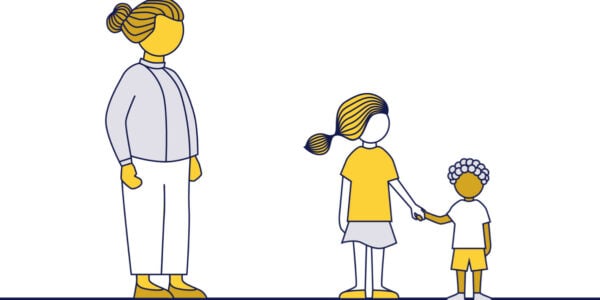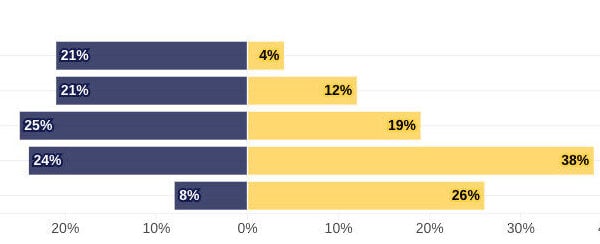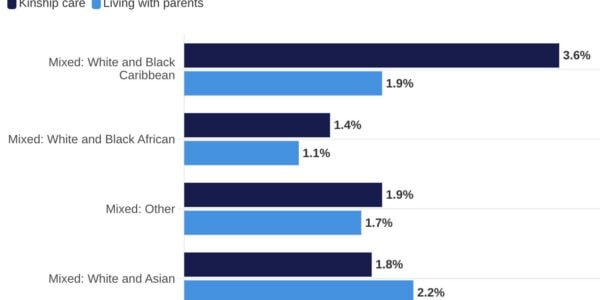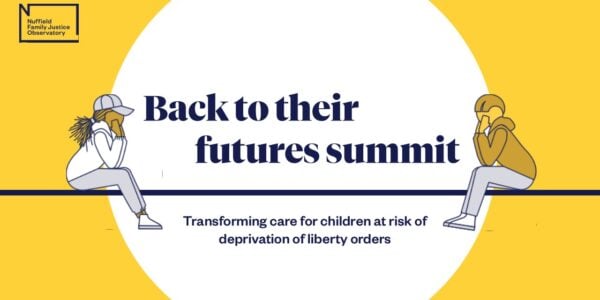These recordings coincide with a report that explores the experiences of older children and young people when entering the care system as teenagers. Produced with and by older children and young people, the report looks at the support and care they and their families have received, and how they feel various systems and services could change to better support teenagers in the future. You can read more from the report here (link).
The recordings were made using actors to protect the identities of the young people who shared their experiences with us. These recordings represent an example of the experiences shared with us during a number of co-designed workshops and interviews.
We are particularly indebted to the children and young people for sharing their stories and reflecting on what were often traumatic, disruptive, and tumultuous times in their lives.
We would also like to express our sincere gratitude to the social workers, support workers, personal advisors (PAs), and other facilitators who helped with the workshops and provided ongoing support to the young people who took part in this project.
You can read the full report: ‘The care files: Exploring the experiences of teenagers entering the care system.’ HERE
Introduction
“Every young person who has been in care gets ‘care files’, but these are the files that social services keep on the young person; they only offer one perspective. What we have done here is created our own care files, our own story of how the system can change based on our journeys.” (Male young person)
“This isn’t just about social workers, key workers, foster carers, or care homes. This is about everyone involved in the system and beyond. If a young person doesn’t get their needs met and isn’t able to move on from their trauma, they then take that on through their whole lives, including with their own children. It then becomes a vicious, vicious cycle.” (Female young person)
Early help
“Often they see your behaviour and not you as a young person. I don’t know, stuff like shouting, lashing out, breaking things, or not coming back for a few days, but they don’t see the reason behind it.” (Male young person)
“One thing that really frustrates me is academies and schools that want to suspend and permanently exclude children. But in terms of that individual child’s trajectory, once they’ve been permanently excluded from school their outcomes just get so much worse.” (Professional)
“It’s a real cookie cutter approach. You go through this thing of being referred, discharged, referred again without thinking about how traumatising that is for you. You miss a session and you’re put to the back of the queue again.” (Female young person)
Being in Court
“It was a bit difficult to kind of be in the court when we would go together, but we would kind of be on opposing teams or on opposing sides. It was really difficult to listen to some the stuff that was being said. I know that was one of the things that contributed to the breakdown in the relationship between me and my mum.” (Female young person)
“There’s a very big misunderstanding between the professionals working with the families who have to relay the messages for the families and on behalf of the families. Because these people that are basically delivering this message, they’re carrying a very fragile piece of glass. And most of these members of staff, they just bumped it into everything. They knock it, they change it. That is someone’s life. That’s a future. That is our future basically.” (Male young person)
“They [Cafcass] often forget that these older ones are actually in fight or flight mode at the time they’re going through proceedings. They need to spend more time trying to build that relationship because at that point they’re absolutely scared out of their wits. The courts want it all done there and then, but it’s about investing that time.” (Professional)
Being in Care
“They place you in these accommodations, and you’re meant to learn a lot of independent living skills, that’s what you’re meant to learn during those times. So sometimes you could be in a supported combination that could be like a unit where you’ve got three members of staff, checking in on you once every 8 hours. But they don’t actively get involved with what the young people are doing, they actually just sit there and monitor what the young person is doing.” (Male young person)
If the needs are not met, the timeline should not end. Because the child is under social services protection until they’re able to live independently. And if they are unable to do that they should not be abandoned by that service until they are fully capable of living independently.” (Female young person)

